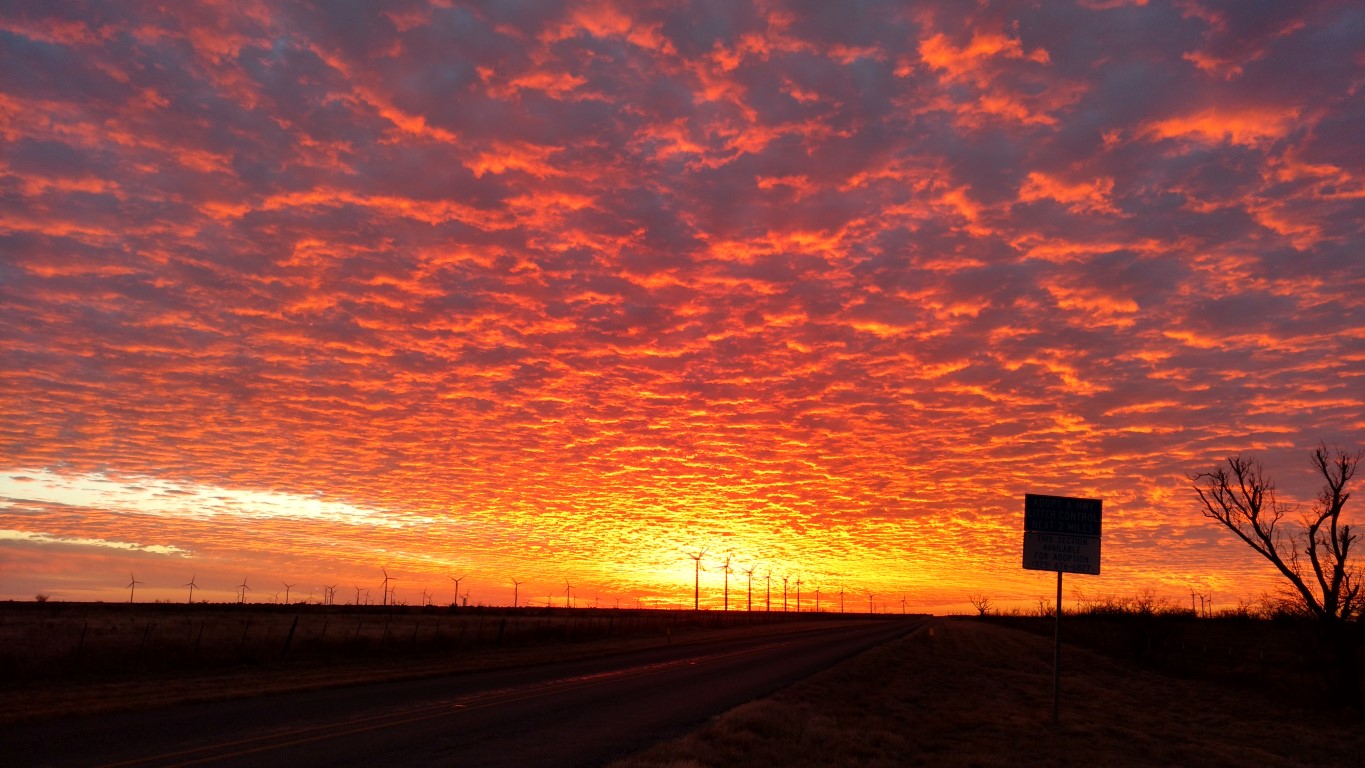Frequently asked questions regarding well registration.
1. Why should I register my well?
Registration of an existing well will provide the owner or operator with evidence
that the well existed before the effective date of the adoption of the rules by the District.
This is vital to the well having “grandfather” status with the district. Wells that are
grandfathered are not subject to the spacing regulations of new and
unregistered wells.
2. Which wells need to be registered?
The only wells that do not require registration are leachate wells, extraction
wells, injection wells, and dewatering wells. These types of wells are permitted
by the Texas Railroad Commission. ALL other water wells, regardless of use or
capacity, should be registered with the District.
3. Will I have to pay a fee or tax for my own water use?
NO. The district does not impose any fees on water use. Domestic and
livestock wells are exempt from all production fees by State Law. Larger wells
can only have fees imposed through amendment of the current rules and the
required public hearing associated with that process. This district is supported
by a one-penny ad valorem tax that was approved by the voters in November of
2003. Fee revenues are not necessary.
4. What will the District do with the information on my well registration?
The District is in the process of creating a monitoring network within the county
for the purpose of protecting the aquifer. In order for this monitoring program to
work, we need to have accurate records regarding well location. The information
gathered on each well is the same information sent to the Texas Commission
on Environmental Quality and Texas Department of Licensing and Regulation by
all Water Well Drillers.
5. Will the district require a meter on my well?
NO. The Wes-Tex GCD does not require meters on wells. State law exempts
domestic and livestock wells from metering regardless of District Rules for
larger wells.
6. Will the district restrict my water production?
NO. The district has no production limit in place currently. The district has the
authority to limit production on large wells such as irrigation and municipal
wells, but small domestic and livestock wells will be exempt from any production
limits under state law. If the district does impose water production limits on
large users in the future, it is important to remember that all users will be treated
equally under the rules.
